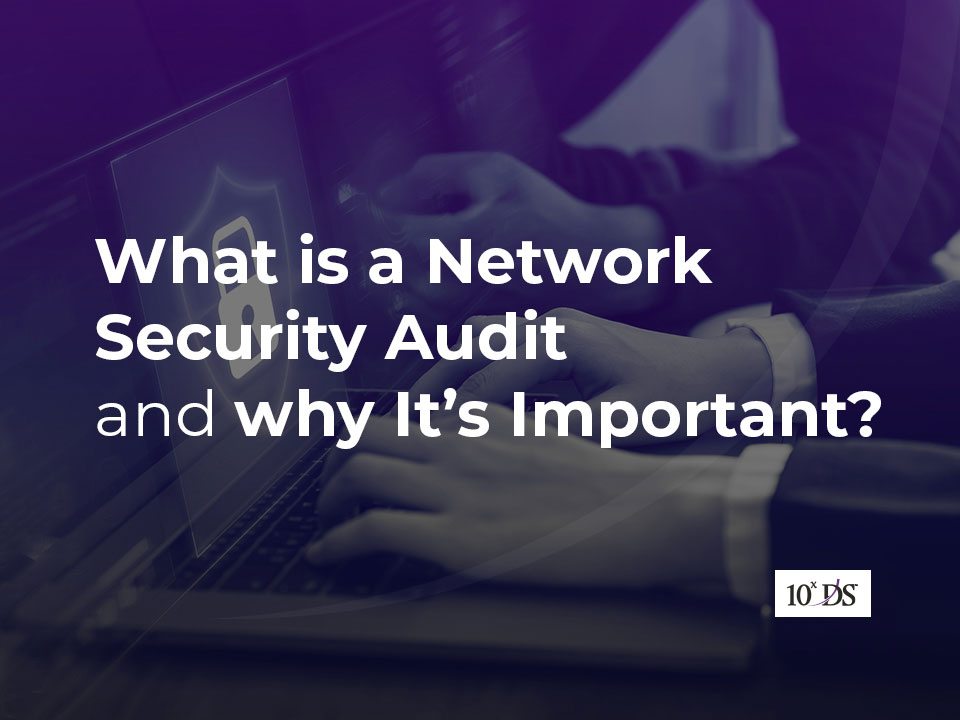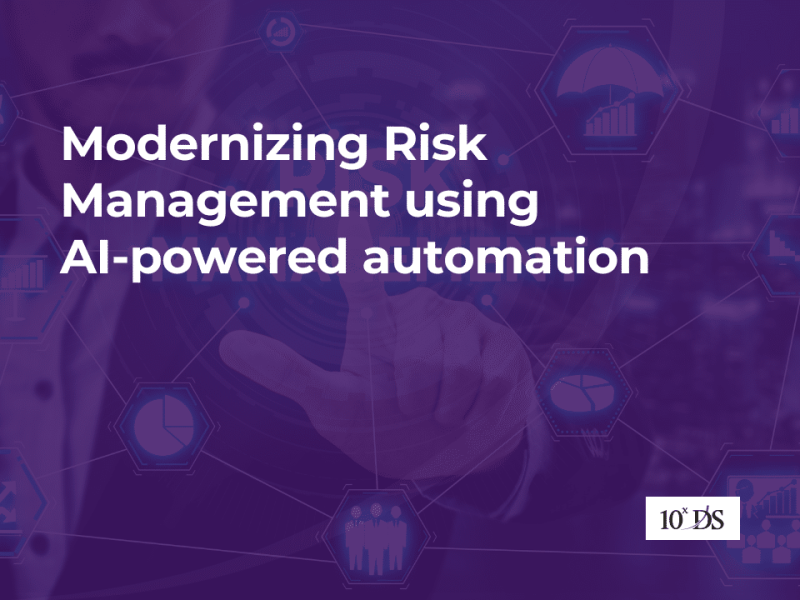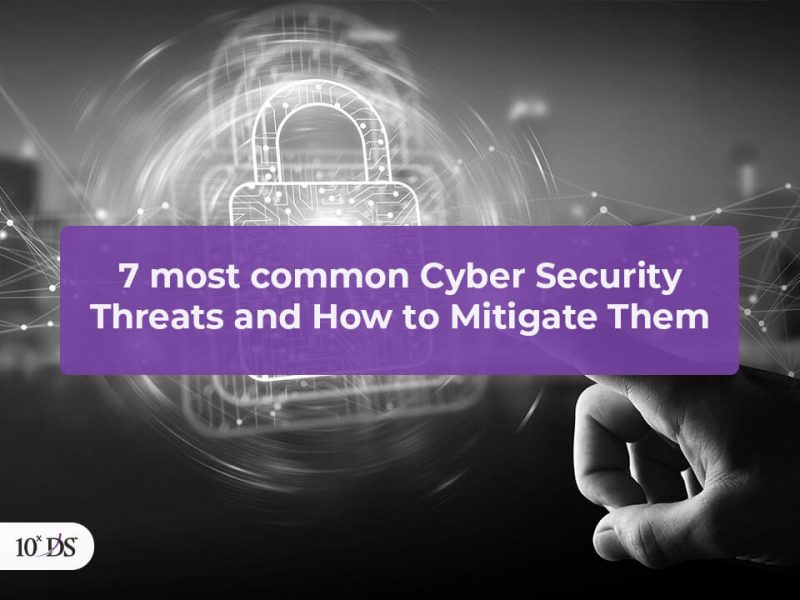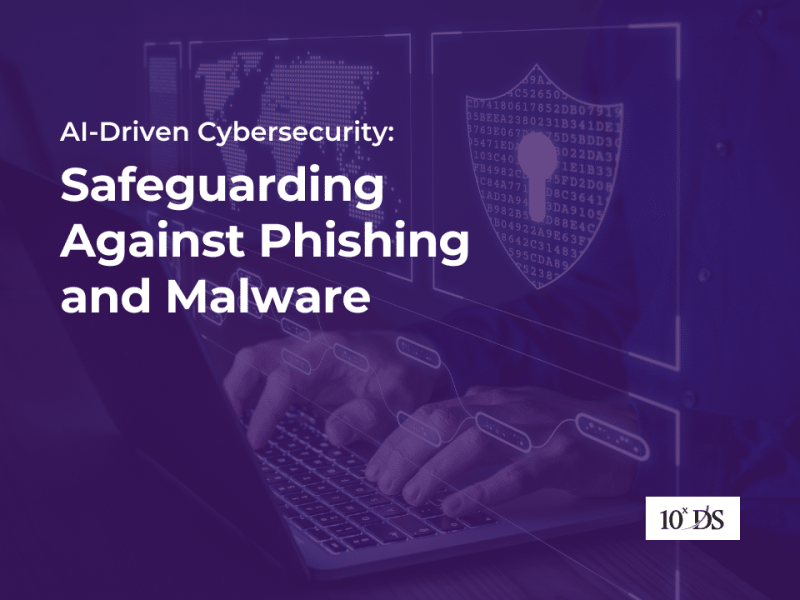
What is a Network Security Audit and why It’s Important
The first impression most people have after hearing the word ‘Audit’ is the image of a team from outside your organization coming to review your entire system and giving an analysis of what you are doing wrong. However, audits are crucial for the seamless functioning of an organization, to identify issues and rectifying it before it affects the system significantly. Network security audits are no different, as they are essential to identify crucial security risks so that you can protect your organization from those imminent threats.
Let’s see what a Network Security audit is and why it is so important for organizations.
What is a network security audit, how it works and why companies should conduct it
The network security audit is a method or process followed by several managed security service providers (MSSPs) to deliver their services to enterprises. MSSPs thoroughly go through the client’s IT and Cybersecurity policies and critical assets to identify potential security breaches within the network before they become a problem putting the client at risk of malignant attacks. Network security audit evaluates the network for both internal as well as external security threats by assessing the complete system comprehensively including the physical setup, system hardware, software, applications, programs and others. In this process potential risks are uncovered and recorded in reports to help locate the sources of the issues and recommend patch-ups for any unsecured parts of the network.
Let’s have a look at some of the basic steps included in Network Security audits :
1. Identifying Device and Platform
This constitutes the primary step in the Network Security audit. Here the MSSP thoroughly looks for all the assets that are present on your network to identify and list them. They also identify the operating systems that are in use. This step is crucial for ensuring all possible potential security breaches and threats have been accurately identified, laying the base for the next steps in the process.
2. Security Policy Assessment
Most organizations having a defined IT and security process, maintain security policies and procedures to protect their critical assets. In this step, MSSP reviews your company’s security policies and procedures to assess whether they adhere to the international security standards necessary to effectively protect your technology and information assets, to guard against threats. For instance, access control policy should ensure authorized user access and prevent unauthorized access to systems and services. MSSP assesses who has access to what, and do they really need that level of access.
3. Security Architecture Analysis
This is the next step in the Network Security Audit process. Here the MSSP moves on to see how the policies have been actually implemented and how the actual controls and technologies are in place physically in the system. This is a crucial step in understanding the device and platform identification process to present detailed analyses of your company’s existing cybersecurity measures and safeguards.
4. Risk Assessment
This step is actually part of the overall risk management and mitigation process whereby threats and vulnerabilities are identified, and the commensurate risks are quantified. Depending on the risk assessment results, the areas of risk to be managed will be identified based on the degree of the risk and the risk treatment plan will be prepared for further actions. For all the risks identified, control objectives and control methods are created, and their implementations are planned by prioritizing the fixes from the biggest threat that is easiest to remedy to the smallest threat that is the hardest to fix. The implementations are planned to be executed within a reasonable period.
5. Firewall Configuration Review
This is probably one of the most important steps because any external threat that enters your company must go through the network’s firewall. So, all MSSPs review your company’s firewall in-depth to see assess its effectiveness. They start by reviewing the firewall’s topology, and then go to rule-based analyses, and then see how the management processes/procedures and firewall configuration are in place. They should check whether the firewall is up to date and has all the latest patches installed to protect the system from external attacks.
6. Penetration Testing
Penetration testing, which is popularly known as pen testing is a security exercise, serving as a kind of stress test for your network’s security architecture. Here, an MSSP or a cyber-security expert hired by the company attempts to break your security architecture to find and exploit vulnerabilities in your system. The main purpose of such simulated attack is to identify vulnerabilities in the system’s defences and fix issues that have not been previously discovered.
Why is Network Security Audit Important
Network security audits are essential because they help organizations identify potential threats and security risks before-hand to prepare a plan to treat the issues and protect the organization from attacks. It is not advisable to disregard the security or productivity of your business’ network and just leave it up to chance. Conducting periodical network security audits are important for identifying and diagnosing security threats and making the most of your network system. Any organization big or small should conduct such an audit at least once a year.
Conclusion
To clearly understand the importance of Network Security audits, organizations can just imagine the potential expense, loss of reputation, and frustration of facing a major data breach. So, in comparison to that, the overall time and effort needed to conduct a thorough network security audit would seem like it’s significantly better and manageable.
Want to gain further insights on Network Security Audits or if you want to audit your organization’s Network Security, we are here to help you. Our experts can help you better safeguard your critical assets against security threats and develop a strong security strategy that works.
Talk to our cybersecurity experts now!


